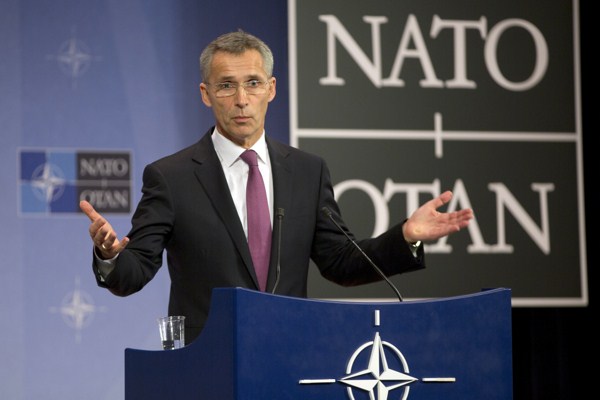Cold War-era fears are resurfacing in northeastern Europe. Over the past year, Russian aircraft have violated the air space of nearly all Nordic and Baltic countries at a worrying rate, while this past fall, Sweden hunted for a suspected Russian submarine thought to be lurking in the waters off Stockholm. Those Russian provocations, along with the ongoing crisis in Ukraine, have recharged debates in Finland and Sweden over joining NATO.
In Finland, which shares an 800-mile border with Russia, Prime Minister Alexander Stubb responded to a question in September about the possibility of his country joining NATO by saying, “We should have become a member in 1995 when we joined the EU.” In October, meanwhile, a poll found for the first time ever that more Swedes favored joining NATO than opposed it. And just last week, when Poland’s minister of defense called Russia’s military activity in the Baltic Sea region “unprecedented” after Russia flew heavy long-range bombers in the area, he noted that Sweden seemed singled out for special attention by Russian warplanes.
Moscow’s rhetoric about the region and NATO’s role there rightly has Nordic and Baltic states on edge. With the security situation deteriorating, an increasing number of Swedes and Finns—but not yet a majority of them—find NATO membership an enticing proposition. While the benefits and drawbacks of NATO membership for Sweden and Finland are quite clear, bringing the two Nordic countries into the alliance would have implications for NATO as well.

